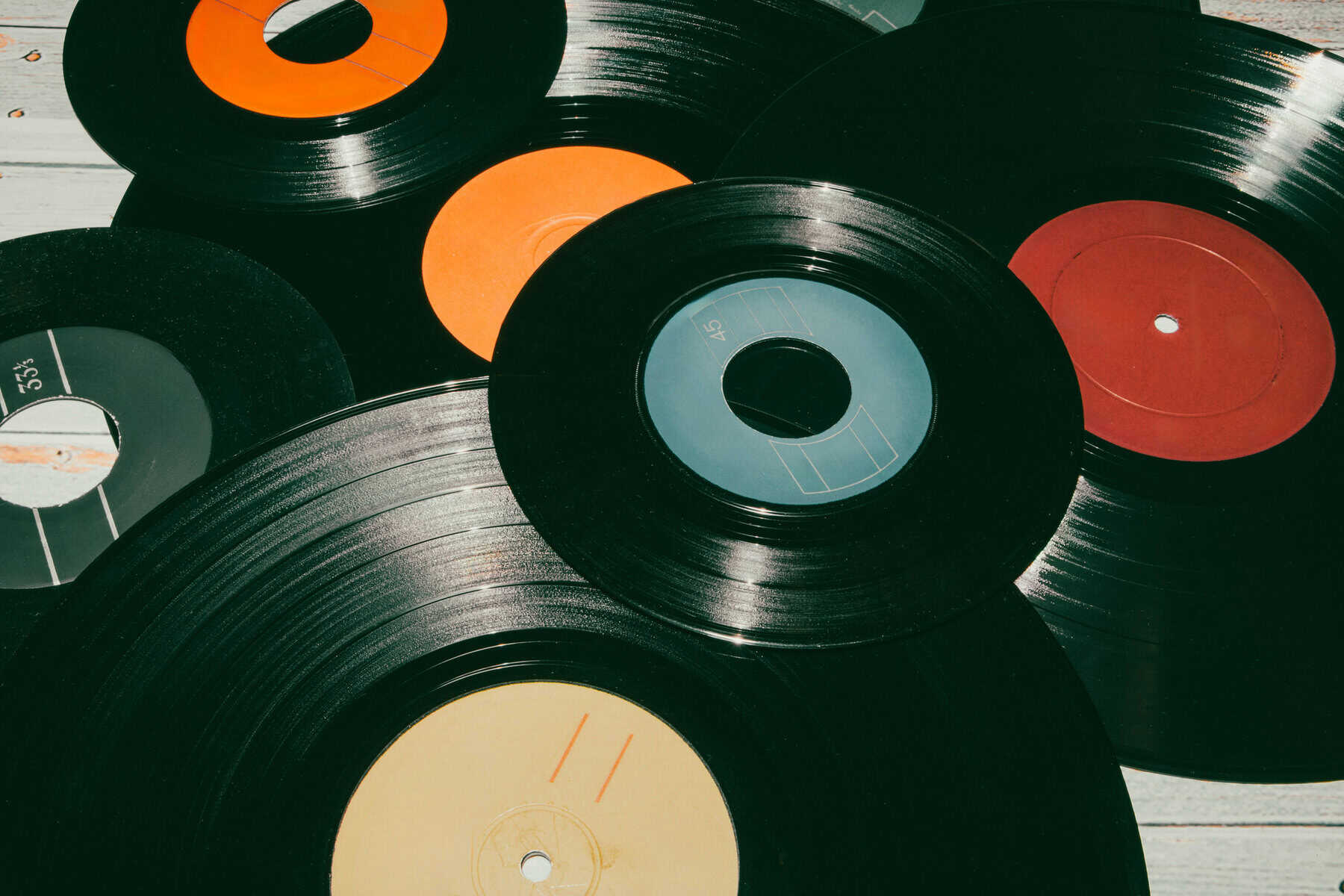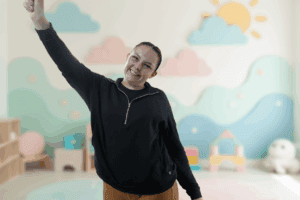AI and living life digitally have changed everything. But did it change too much? Many are turning to analogue to survive the onslaught.

Artificial intelligence has disrupted, enhanced and changed our lives forever. And it happened quickly.
At its opposite, almost in response to technological progress, a return to analogue is gathering pace, too.
Experts say that it’s a cultural recalibration and an essential mental health cleanup.
Carmen Murray, a netnographer and trend and transformation specialist, has been tracking what she calls the Analogue Renaissance.
“While everyone is geeking out over AI, people are turning towards real connection. This is not a fad. It is a human response to being overwhelmed by digital noise. Analogue wellness is about designing a life where focus, breath and relationships matter again,” she said.
Screen time saturation is a primary reason for the kickback.
Pew Research reported that almost half of American teenagers are online nearly constantly.
In the United Kingdom, adults spend more hours online each day than ever before and two thirds already try to disconnect on purpose.
Murray said the evidence is mounting.
“You cannot run your brain like a computer. At some point, the system crashes. People are finding ways to pull the plug before that happens, and they are choosing tactile human experiences.”
People want tactile experiences
The case for wellness and mental health is clear.
A recent study found that three weeks of reduced smartphone use eased stress, improved sleep and lifted mood.
Manual activities like journaling and handwriting have also been shown to calm anxiety.
Dr Jonathan Redelinghuys, psychologist and medical doctor, said that the science matches what he sees in practice.
“Brains need stillness to process and repair. Constant online activity overstimulates the nervous system and disrupts healthy rhythms.
“When people journal, read print or walk without a phone, we see real improvements in stress regulation, emotional balance and sleep quality.”
ALSO READ: Sangoma: It’s not always witchcraft and curses
There are movements toward finding analogue stillness.
The Silent Book Club at the Goethe Institut in Johannesburg gathers readers who choose quiet companionship over discussion. In Cape Town, Mabu Vinyl reports younger buyers driving sales. Vinyl fairs at the V&A Waterfront and in Stellenbosch attract collectors and DJs.
“What fascinates me is how young people are buying vinyl, typewriters, and film cameras. They are making retro new again because it feels authentic,” Murray said.
Global numbers tell the same story. Vinyl sales have grown for eighteen consecutive years and again outsold CDs. Print publishing revenues climbed in 2024. Sales of diaries and paper planners continue to rise.
“There is comfort in tangible order. A diary or a vinyl record is not only a product. It is a ritual,” Murray said.
Music on vinyl is a ritual
Even aspects of travel are changing, said Murray.
Resorts such as Six Senses invite guests to lock away their phones for parts of the day. Devices are sealed in pouches that block signals, allowing a morning hike to feel uninterrupted.
“We are starting to see premium hospitality experiences built on the absence of WiFi. People are paying to be present,” Murray said.
Authenticity is making a comeback across every aspect of life.
In July, an AI-generated band called Velvet Sundown pulled in more than a million plays on Spotify. Then audiences discovered the musicians were not real. Murray warned of what is coming.
“Generative AI is flooding the internet with synthetic content. It will become harder and harder to know what is real. That is why people will spend more time offline while letting AI agents handle the admin of their digital lives. Brands that want to stay relevant must build trust in person.”
Dr Redelinghuys agreed that the change is not about running away from technology but instead about balance.
“Well-being is not found in constant connection. It comes from rhythm. A handwritten page, a shared meal, a choir rehearsal or a walk without your phone gives you presence that a feed cannot replicate. These practices are not indulgences. They are essential to mental hygiene,” he said.
Parkrun, Murray noted, recently passed one million unique participants in South Africa. It’s one of several downtime activities, like art clubs and book clubs, that are also gaining massive popularity. Murray said that this is no accident.
“Communities are hungry for togetherness. They are tired of endless scrolls and hollow likes. They want real moments that make them feel human.”






